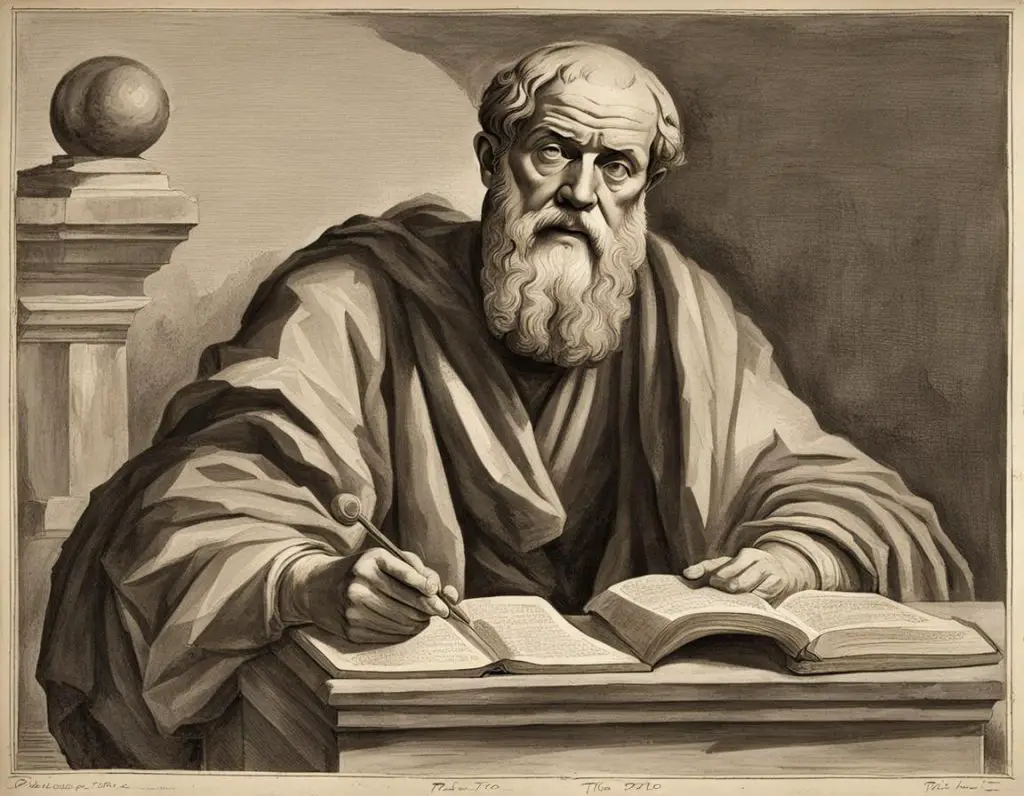Philosophy in Early Childhood Education
Philosophy in early childhood education refers to the incorporation of philosophical principles and critical thinking skills into the educational experiences of young children. By introducing children to abstract concepts and encouraging them to question the world around them, educators aim to foster a deeper understanding of the self and the environment. Plato’s emphasis on the importance of questioning and seeking knowledge serves as a foundational element in shaping the minds of young learners.
Incorporating Platonic concepts in preschool curriculum involves introducing children to ideas such as justice, truth, and morality in developmentally appropriate ways. Through engaging activities and open-ended discussions, educators can encourage children to explore ethical dilemmas and develop their sense of right and wrong. By laying the groundwork for moral reasoning early on, teachers can help children cultivate virtues that will guide their decision-making as they grow and interact with the world around them.
Introducing Platonic Concepts in Preschool Curriculum
Preschool education serves as the bedrock for a child’s intellectual and moral development. Incorporating Platonic concepts into the curriculum can offer young learners a unique foundation in critical thinking and self-awareness. By introducing children to the Socratic method of questioning and reflection, educators can foster a love for inquiry and a deeper understanding of fundamental truths. These early philosophical explorations can plant the seeds for a lifelong commitment to seeking knowledge and wisdom.
Moreover, integrating Platonic ideals of justice, beauty, and truth into preschool education can instill in children a sense of wonder and appreciation for the world around them. Through age-appropriate activities that encourage reflection on ethical dilemmas and exploration of abstract concepts, such as the idea of the Forms, young learners can begin to develop their own moral compass and sense of right and wrong. By laying this philosophical groundwork early on, educators can help shape future generations of thinkers and compassionate citizens.
Ethics and Morality in Education
When it comes to ethics and morality in education, Plato’s educational legacy shines through in various modern interpretations. One key aspect is the focus on promoting virtue-based learning environments. By incorporating Platonic ideals of justice, wisdom, courage, and temperance into educational settings, educators can help cultivate moral character and ethical behavior in students. This approach goes beyond simply teaching content knowledge and emphasizes the development of the whole person, with a strong emphasis on cultivating virtuous traits that can guide individuals in making ethical decisions throughout their lives.
Another important aspect of applying Plato’s educational legacy to ethics and morality in education is the emphasis on fostering critical thinking and reflective practices. By encouraging students to engage in philosophical inquiries and discussions about moral dilemmas, educators can help them develop a deeper understanding of ethical principles and moral values. Through this process, students not only learn about ethical theories but also learn how to apply them in real-life situations, promoting a sense of responsibility and integrity in their actions and decisions.
Promoting VirtueBased Learning Environments
Promoting virtue-based learning environments in educational settings has gained traction in recent years as educators look to instill moral values and character development in students. Drawing inspiration from Plato’s philosophy, schools are integrating teachings on virtues such as wisdom, courage, temperance, and justice into their curricula. By emphasizing the importance of these virtues, educators hope to foster a sense of ethical responsibility and integrity among their students, preparing them to navigate complex moral dilemmas in their personal and professional lives.
In virtue-based learning environments, teachers serve as role models by embodying the principles they seek to impart. Through thoughtful discussions, activities, and real-life examples, students are encouraged to reflect on their actions and decisions in light of virtuous conduct. By creating a supportive and nurturing atmosphere that values character development alongside academic achievement, educators aim to cultivate well-rounded individuals who not only excel academically but also demonstrate empathy, compassion, and integrity in their interactions with others.
Social Justice and Education
In applying Plato’s principles to the realm of education, a notable focus emerges on fostering social justice. By advocating for equity and inclusion through Platonic concepts, educators strive to create learning environments where every individual is valued and empowered. This approach emphasizes the importance of recognizing and addressing inequalities within educational systems, paving the way for a more just and fair society.
Furthermore, integrating Platonic ideals into educational practices can cultivate a deeper understanding of social justice issues among students. By encouraging critical reflection and ethical reasoning, educators can equip learners with the tools needed to confront injustices and advocate for positive change in their communities. In embracing the profound insights of Plato, education can serve as a powerful catalyst for promoting social justice and shaping a more equitable future.
Advocating for Equity and Inclusion through Platonic Principles
In contemporary educational discourse, there is a revived interest in incorporating Platonic principles to foster equity and inclusion within educational settings. Plato’s ideas on justice, equality, and the common good serve as a foundation for creating learning environments that prioritize fairness and the embracing of diverse perspectives. By infusing Platonic concepts into educational practices, educators aim to develop a more just and inclusive society where all individuals have the opportunity to flourish and contribute positively to the community.
One key aspect of applying Platonic principles to advocate for equity and inclusion in education is the emphasis on cultivating moral virtues and ethical behavior among learners. Plato believed that education should not only focus on academic skills but also on nurturing individuals to become virtuous citizens who uphold justice and act with integrity. Educators can integrate these ideals into their teaching methodologies to promote a culture of respect, empathy, and understanding, thereby laying the groundwork for a more harmonious and inclusive society.
Related Links
Reviewing the Impact of Plato’s Educational Legacy
How to Understand Plato’s Educational Legacy



